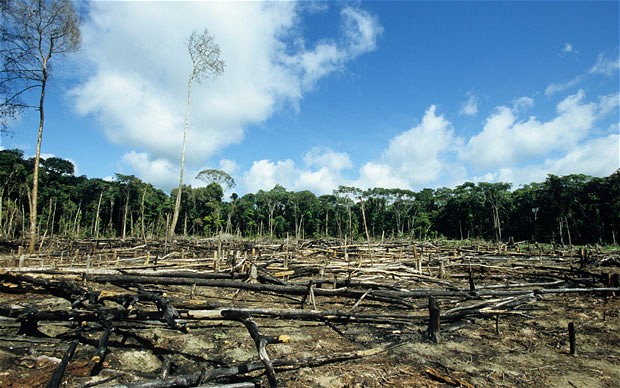Rightwing critics fulminate against the protesters, but the public is finally waking up to the gravity of their cause
In the Mall, up Whitehall, or crossing Trafalgar Square early this morning, the climate activists looked like rush-hour office workers and civil servants – mainly 30 to 50-year-olds, with no dreadlocked tree-huggers, SWP banners or black-masked anarchists looking for a punch-up. Chanting about the climate emergency, frankly, they seemed a bit sheepish, not used to it. Their ordinariness makes Extinction Rebellion, or XR, especially effective: farmers, scientists, doctors, Cumbrians and other local platoons stand at the 12 key roadblocks.

After their successful capture of central London in April, local cells or “affinity groups” all over the country have trained and planned for this protest. Deciding who would be “arrestable” for highway obstruction – and who wouldn’t be, because of jobs or young families – they were primed to expect a tougher police response after rightwing press complaints against the friendly policing last April, when officers were caught dancing at a blocked Oxford Circus.
“I do wonder if protest makes a difference,” an office manager in her 40s from Hertfordshire said to me.
“But what else can you do? My children really made me feel I must.”
A steward in a pink gilet, a mother from south London, said the same:
“It was my children who got me into this.”
Thousands more are expected to join.
For those who doubt the effect of last April’s XR protests, Ben Page of Ipsos Mori says: “In our polls in 2013, 59% said the planet was ‘heading for disaster’. This year it’s gone up to 78%.” He reckons Greta Thunberg, the school strikes and XR action played their part. What packs an extra punch is that London is just one of 60 global cities engaged in “uprising” at the same time. To those who say why bother, when the UK is too small for our carbon emissions to matter, this synchronised global action reaches all those leaders who attended last month’s UN climate change summit – where the UN general secretary warned: “We face a direct existential threat.”
Read more: The Guardian


